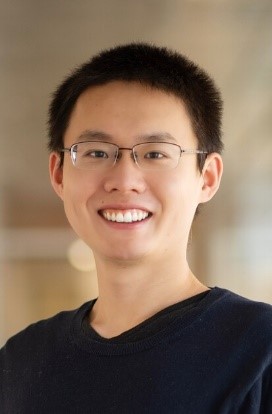Dissertation Defense
Control, Modeling, and Design Towards Higher Performance Energy Systems
This event is free and open to the publicAdd to Google Calendar

PASSCODE: GOBLUE
Fostered by the high controllability, speed, and power density of power electronics, future energy systems can be more heterogeneous in form, more agile in actuation, larger in scale, and more distributed in function. The ultimate energy system should deliver the right energy to the right place at the right time. However, the path of energy transfer is still restricted by the cost of power converters. Moreover, the bandwidth of energy transfer is limited by the speed of power converters. Therefore, the presentation follows two themes: (I) better power-processing architectures to move the right amount of energy to the right place; (II) better power-control frameworks to move the right amount of energy at the right time.
In the first theme, I demonstrate a new power-processing architecture for second-use battery energy storage systems. The statistical distributions of heterogeneous battery characteristics are leveraged to design a hierarchical partial-power-processing architecture. High energy utilization is achieved by using sparse power converters.
In the second theme, I discuss a power-control framework that enables faster energy delivery. I will elaborate on three technologies that overcome the speed limitations from different perspectives – event-driven control, sensor interference conditioning, and magnetics design.
Chair: Professor Al-Thaddeus Avestruz
 MENU
MENU 
